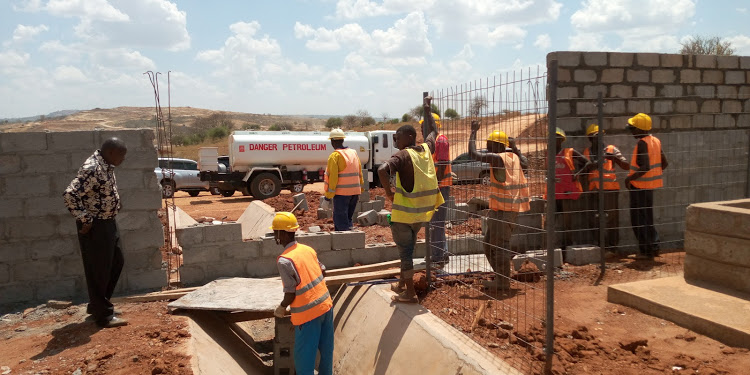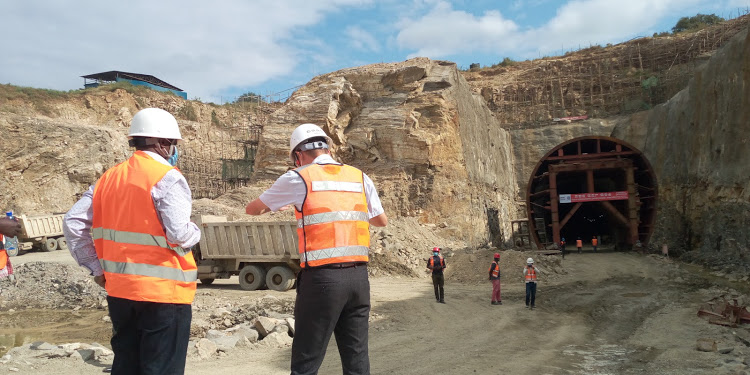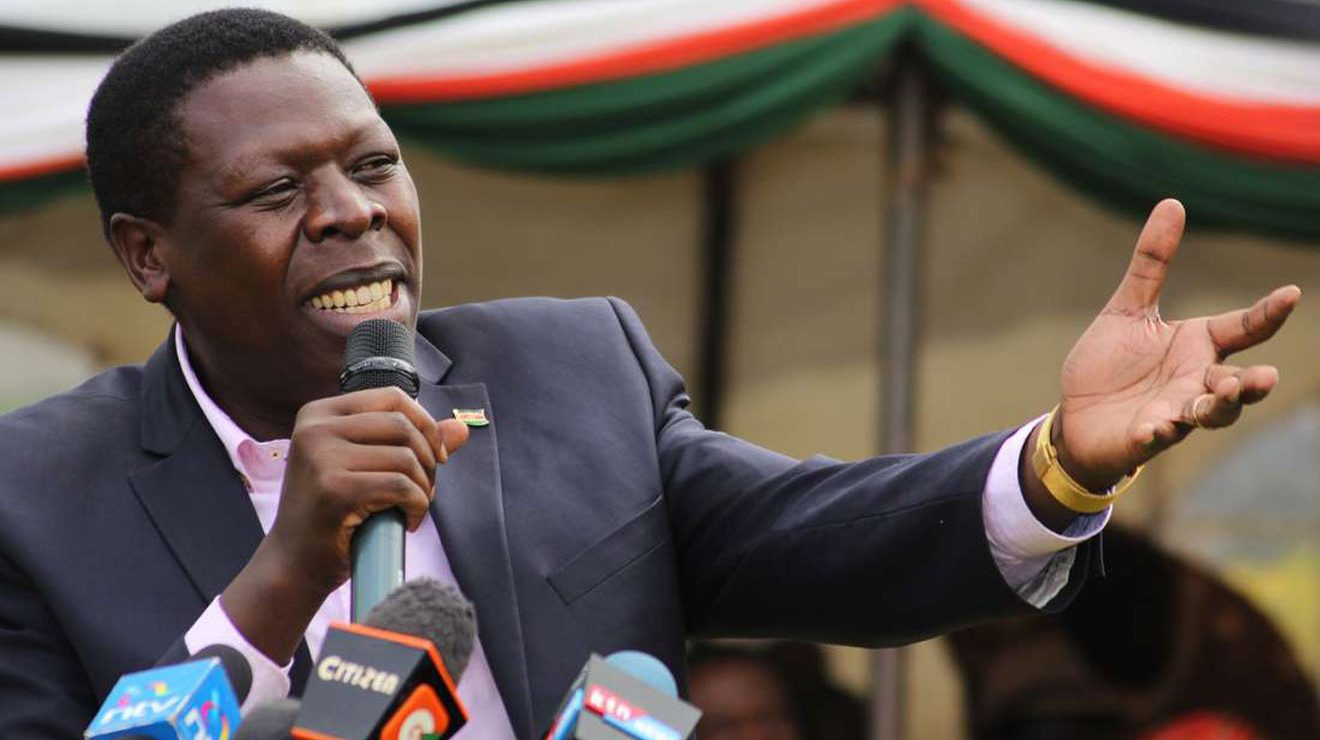The government’s multi-billion Thwake dam project has come under scrutiny after the office of Auditor General raised concerns over the safety of the water expected to be channeled to the dam.
In a recent report regarding the Sh81 Billion project, the Auditor General cautioned that the water entering the dam may not be safe for human consumption, as it is expected to be sourced from Athi River, which is fed by Nairobi River; whose water is known to be polluted.
In the report, the Auditor general further argues that the dam may not live to fulfill its objective of supplying Kitui, Machakos and Makueni counties with clean water, if the safety concerns are not addressed.
“…Nairobi river is heavily polluted with heavy metal and the water is unfit for human consumption…There was no evidence of efforts by the implementing agency to mitigate against the risk and ensure the river is free from pollutants and fit for human consumption before the end of the expected completion of the programme in November 2022.”

Read More
The same concerns were raised by former Machakos Senator Johnson Muthama who noted that the project as currently being undertaken poses a great risk to the lives of Ukambani people.
“As the Government strives to complete much-awaited Thwake Dam in Makueni County, the source of Athi River's pollution needs to be addressed as well.
“Toxicological tests done earlier have shown that there are heavy metals in that river due to reckless disposal of raw sewage, industrial and medical wastes in its tributary passing through Nairobi County… The population in Lower Eastern Region must be jealously guarded against these heavy metals which are carcinogenic in nature,” Muthama said.
The Thwake dam project commenced in 2017 with the aim of providing water for the over 1.3 million Machakos, Kitui and Makueni residents who’ve been relying heavily on rain water.
So far, over Sh42 billion has been spent on the project with 37% of the work being done.
The concerns are a blow to the project since such assessment reports may make it difficult to source for the over Sh39 billion needed to complete the dam.

-1713286397.jpeg)
-1713274357.jpeg)

-1713265321.jpg)

-1713259173.jpg)
-1710390248.jpg)